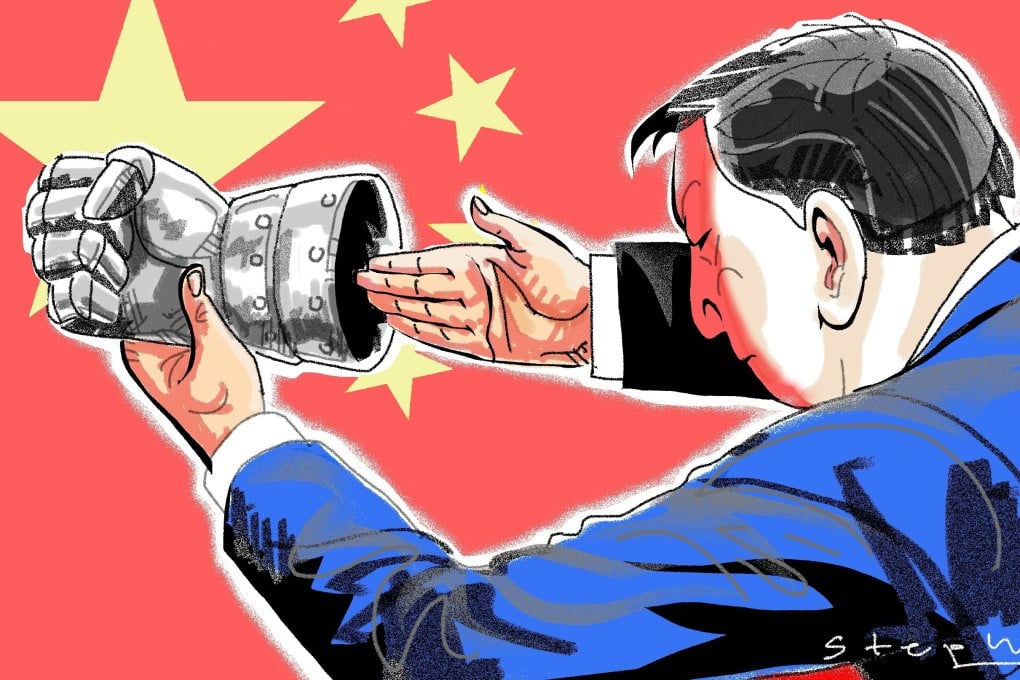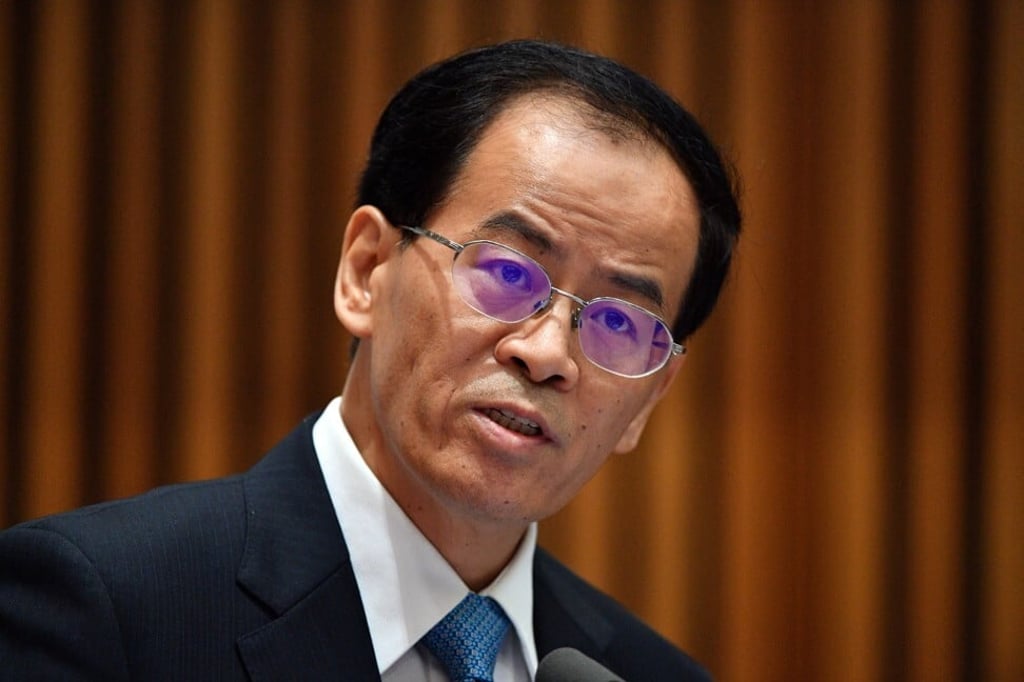Opinion | Are we witnessing the end of the golden age of Chinese diplomacy?
- By allowing its diplomats to publicly criticise governments and threaten companies and people with retribution, Beijing has abandoned the diplomatic practices that propelled its rise to a global power
- In the long run, this will only drive investment from China and undermine the economic development that underpins the Communist Party’s legitimacy

Over the past 40 years, China’s economic rise has been powered by the work, sacrifices and creativity of hundreds of millions of citizens. Yet its rise as a global power has come about thanks to many unsung heroes: its diplomats.
These well-trained, highly skilled and soft-spoken envoys made possible China’s reach, winning friends and opening markets in the process.
They carefully took time to build personal connections and trust, listen to interlocutors and dispel misunderstandings, address concerns and find workable compromises. That was the golden era of Chinese diplomacy, where professionalism and discipline were at their highest.
Today, things are changing. Chinese diplomacy is dying, in full public view. It is starting to no longer focus on external audiences, cultivating friends and opening doors, and is instead becoming an appendix of China’s propaganda apparatus, focusing on domestic audiences.


